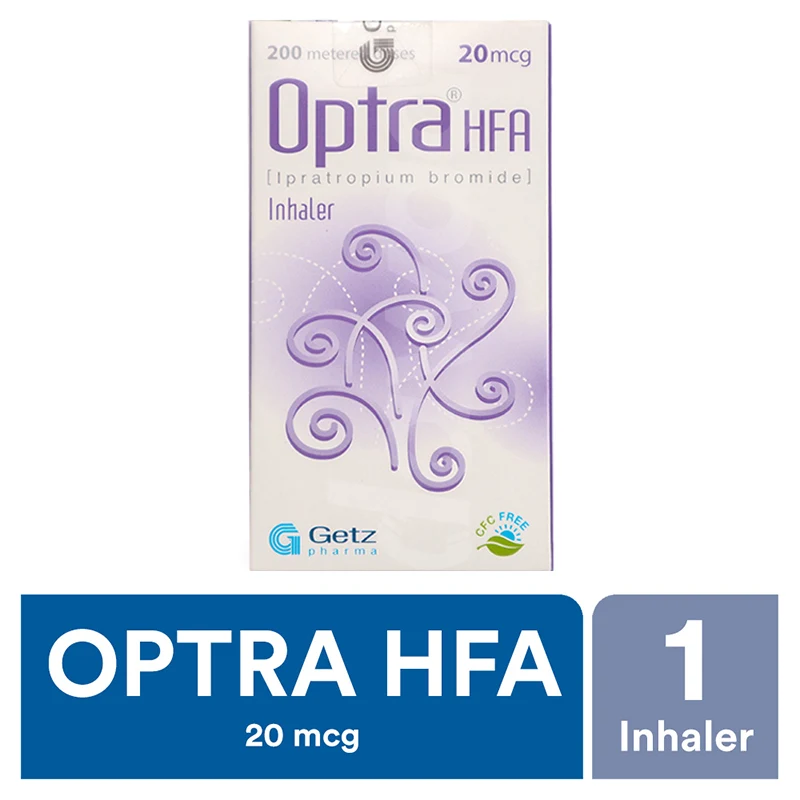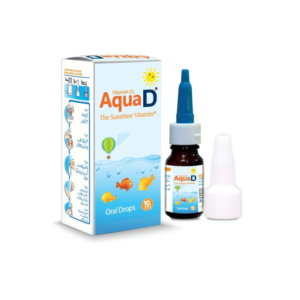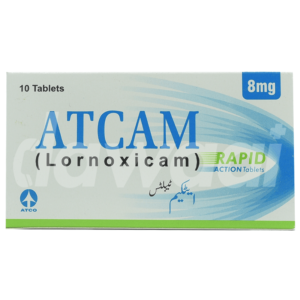Introduction
Expert Advice
Indications:
This medicine is used for the prevention and treatment of shortness of breath in patients with Chronic Obstructive Pulmonary Disease (COPD), chronic bronchitis and mild to moderate asthma.
Administration:
This medicine is used with a nebulizer, a machine which changes the solution form into a gaseous form. This gas/mist is then inhaled. The solution must be colorless. Each treatment session usually takes 5-15 minutes.
Make sure to clean the nebulizer to prevent infections. The dosage of this medicine is dependent on the patient’s age, condition and its severity. Please consult your health care provider before use of this medicine.
Storage:
Please store this medicine at room temperature (20-30 Celsius). Keep medicine away from excessive light, moisture, and children.
Side Effects:
Patients administered with this medication may experience headache, dizziness, throat irritation, cough, dry mouth, and nausea. Patients may also experience constipation, urinary retention (inability to urinate completely), occasional paradoxical bronchospasm (narrowing or spasm of airway), tachycardia (increased heart rate), and arrhythmias (disorder of heart rhythm)
Precautions:
This medicine’s use should be closely monitored in conditons like glaucoma (Increased intraoccular eye pressure), prostatic hypertrophy (increased number of prostate gland cells) and bladder outlet obstruction (bladder outflow blockage). Protect eyes from this medicine as it may cause irriation.
Effects on pregnancy and lactation:
The effects are undetermined; therefore, caution is advised. Please consult your health care provider before use.
Contraindications:
This medication is contraindicated in case of hypersensitivity to the active substance i.e. ipratropium bromide or to atropine.
Primary Uses
Asthma and lungs diseases
Indications
This medicine is used for the prevention and treatment of shortness of breath in patients with Chronic Obstructive Pulmonary Disease (COPD), chronic bronchitis and mild to moderate asthma.
Side Effects
Patients administered with this medication may experience headache, dizziness, throat irritation, cough, dry mouth, and nausea. Patients may also experience constipation, urinary retention (inability to urinate completely), occasional paradoxical bronchospasm (narrowing or spasm of airway), tachycardia (increased heart rate), and arrhythmias (disorder of heart rhythm)
Warnings
 Pregnancy
Pregnancy
The effects are underdetermined in pregnancy. Please consult your doctor.
 Lactation
Lactation
The effects are underdetermined in lactating females. Please consult your doctor.
 Precautions
Precautions
This medicine’s use should be closely monitored in conditons like glaucoma (Increased intraoccular eye pressure), prostatic hypertrophy (increased number of prostate gland cells) and bladder outlet obstruction (bladder outflow blockage). Protect eyes from this medicine as it may cause irriation.
Contraindications
This medication is contraindicated in case of hypersensitivity to the active substance i.e. ipratropium bromide or to atropine.
FAQS
Does continuous administration of the medicine result in damage within the mouth?
Patients usually complain about dry mouth, which can be avoided by maintaining good oral hygiene and frequent mouth rinses.
Can we self-administer this medicine?
Although you can, but the initial doses usually result in wheezing, a doctor’s supervision is therefore recommended. But once the body adjusts, you are free to self-administer.
Does this medicine have severe side effects?
Severity in side effects is usually not observed, as only a limited quantity of the medicine absorbs in the blood.
Indications:
This medication is used for controlling and preventing symptoms of lung disorders/obstruction such as wheezing, shortness of breath, and feeling of tightness caused by diseases such as Emphysema, Bronchitis, etc. This medicine does not provide quick relief but can be used along with other medicines to reduce lung disease symptoms. It works by widening the air passages allowing easier gaseous exchange.
Administration:
This medicine is used with a nebulizer, a machine which changes the solution form into a gaseous form. This gas/mist is then inhaled. The solution must be colorless. Each treatment session usually takes 5-15 minutes. Make sure to clean the nebulizer to prevent infections. The dosage of this medicine is dependent on the patient’s age, condition and its severity. Please consult your health care provider before use of this medicine.
Storage:
Please store this medicine at room temperature (20-30 Celsius). Keep medicine away from excessive light, moisture, and children
Side Effects:
You may experience the following:
• Headache
• Dizziness
• Nausea and vomiting
• Slow or irregular heart beat
• May worsen breathing problem right after use
• Constipation
• Dry mouth
• Fatigue
• Allergic reactions such as itching, rash, and swelling
Precautions:
Following are the precautions for use of this medicine:
• Do not use or discontinue this medicine if you are allergic to any of the ingredients of this medicine
• Kidney disease
• Liver disease
• Any type of cancer
• May make you dizzy so it is advised not to do any tasks that require alertness (e.g. driving) immediately after taking this medicine
• Drink plenty of water to prevent dehydration
• Vision changes
• Difficulty urinating
• Glaucoma (increased pressure in the eye)
Effects on pregnancy and lactation:
The effects are undetermined; therefore, caution is advised. Please consult your health care provider before use.
Disclaimer
Dawaai’s intention is to make sure that it’s consumers get information that is accurate, reviewed by an expert and error-free. However, the information mentioned here should not be used as a replacement for the advice of a qualified physician. The information given here is for informational purposes only, which may not cover all possible precautions, side effects, contraindications or drug interactions. Consult your doctor and discuss your queries related to any medicine or disease.






Reviews
There are no reviews yet.